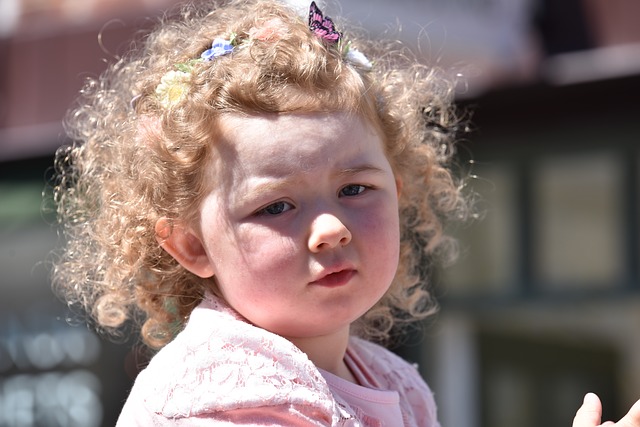Everyone wakes up to at least one bad hair day in their lifetimes. Most of the general population is able to tame those unruly locks with things like gel, hairspray, mousse or plain old water. But those afflicted with the unfortunate “uncombable hair syndrome” have much tougher time smoothing out their tangles.
The syndrome primarily happens to people who have very fair, dry and brittle hair. Scientists theorize that the condition is inherited, and researchers at the University of Bonn and University of Tolouse have identified why this happens, Medical Daily reports. These incidences are normally not reported, as parents don’t usually seek medical help on the matter of their children’s frizzy hair, so there has been little information on the subject until now.
Professor Regina Betz from the Institute for Human Genetics at the University of Bonn, a specialist in hereditary hair conditions, collaborated with colleagues to find out more on the syndrome. The researchers managed to find 11 children affected by the disorder, and by sequencing their genes, were able to pinpoint three different genes they say is responsible for the bizarre condition: PAD13, TGM3 and TCHH.
PAD13 and TGM3 contain assembly instructions for enzymes, while TCHH has a protein needed for the hair shaft. In healthy hair, these proteins combine with keratin, which give hair its shape and structure. The scientists found that if one of these three genes doesn’t work properly, there is a detrimental effect on overall hair stability and formation. In mice, for example, a defective PADI3 or TGM3 gene causes fur abnormalities – the same as people with uncombable hair.
The results of the study have important clinical implications. Betz says,
[W]e can now secure the clinical diagnosis of ‘uncombable hair’ with molecular genetic methods.
The condition is most pronounced in children, up to the age of 12. Then hair becomes more manageable as a child grows to adolescence and adulthood. It does not generally produce any other health problems. But while waiting for their kids to grow out of the syndrome, parents can practice good hair hygiene by using soft brushes and staying away from hair treatments that use chemicals and heat.
The study was published in the American Journal of Human Genetics.
























